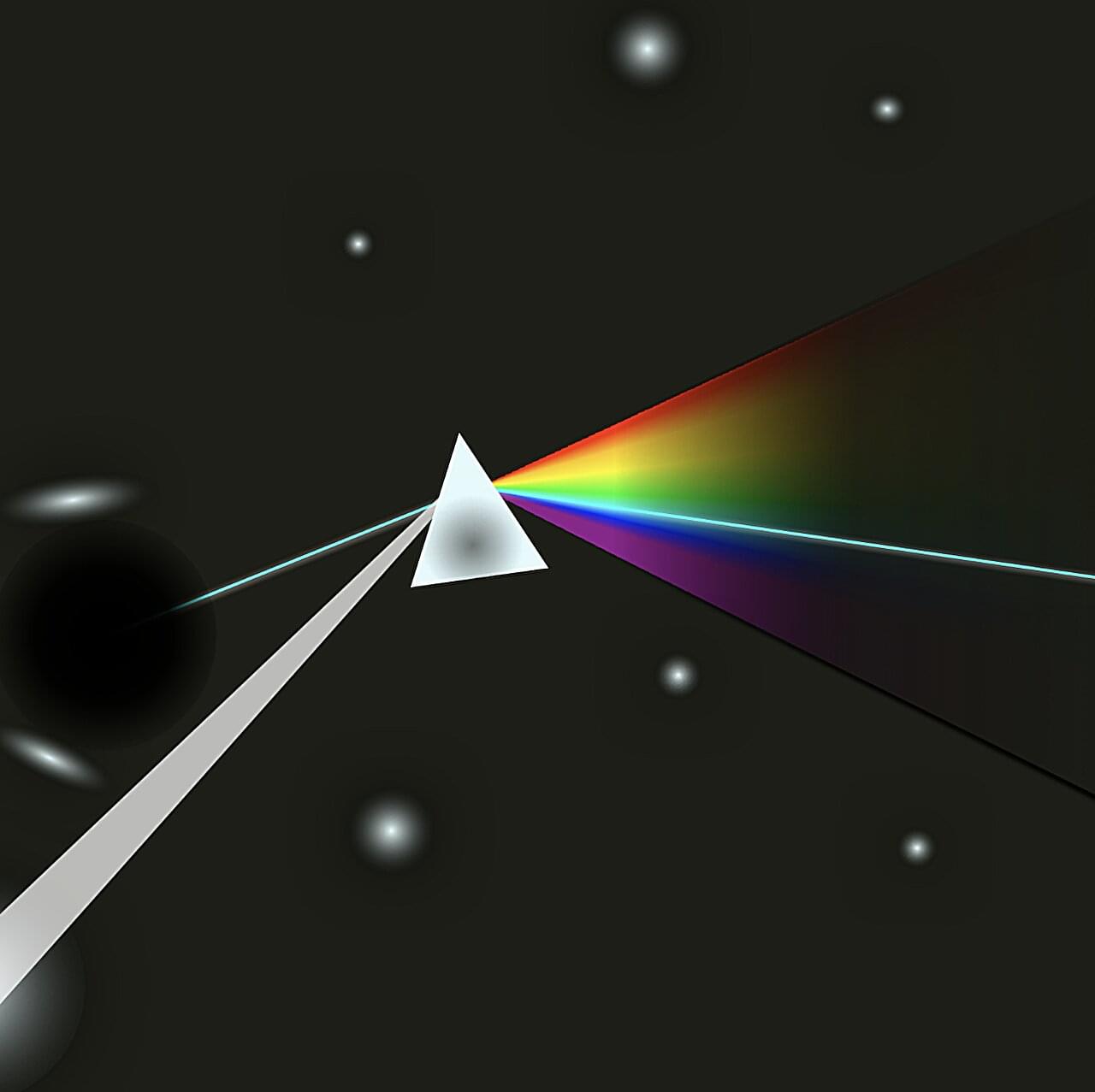Dark matter is an elusive type of matter that does not emit, absorb or reflect light and is thus impossible to detect using conventional techniques employed in particle physics. In recent years, groups of physicists worldwide have been trying to observe this matter indirectly using advanced detectors and equipment, by detecting signals other than electromagnetic radiation that could be linked to its activity or interactions with other matter.
Researchers at Tokyo Metropolitan University, PhotoCross Co. Ltd, Kyoto Sangyo University and other collaborating institutions recently released the findings of the first search for dark matter that relied on data collected by WINERED, a near-infrared and high-dispersion spectrograph mounted on a large telescope in Chile.
Their paper, published in Physical Review Letters, sets the most stringent constraints to date on the lifetime of dark matter particles with masses between 1.8 and 2.7 eV.
